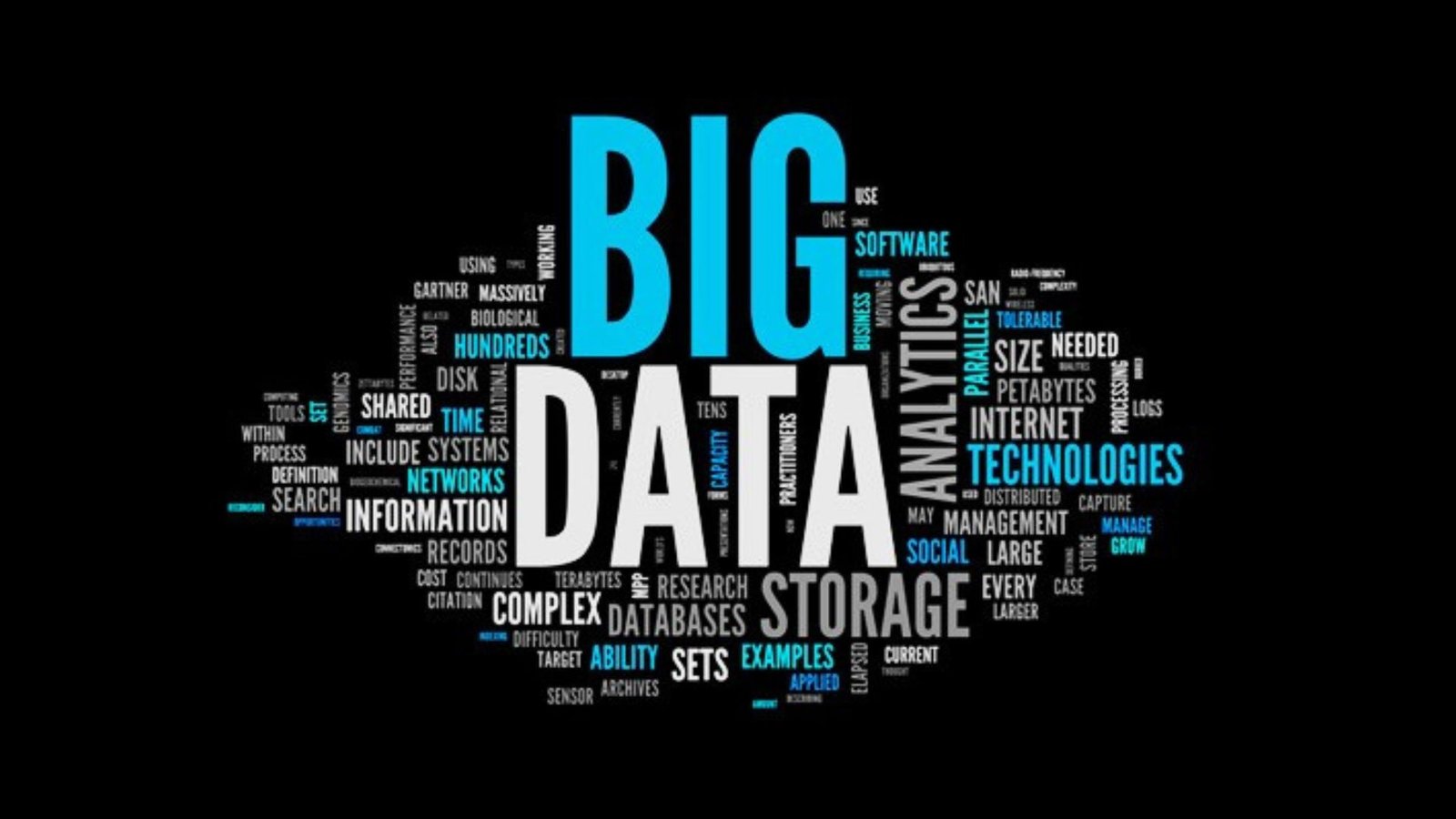The Role of Big Data in Business Decision-Making
Big Data plays a crucial role in business decision-making by providing valuable insights, enhancing operational efficiency, and enabling predictive analytics. Here’s a detailed look at its impact:

Enhanced Decision-Making
Data-Driven Insights
Big Data allows businesses to analyze vast amounts of data from various sources, providing deep insights into customer behavior, market trends, and operational performance. By leveraging these insights, companies can make more informed decisions that align with market demands and internal capabilities. For instance, analyzing customer purchase patterns can help businesses tailor their product offerings and marketing strategies to better meet customer needs.
Improved Accuracy
Traditional decision-making often relies on intuition or limited data, which can lead to errors and biases. Big Data minimizes these risks by offering a comprehensive view of relevant information. Advanced analytics tools can process and interpret large datasets with high accuracy, ensuring that decisions are based on reliable data. This accuracy is critical in areas such as financial forecasting, inventory management, and strategic planning.
Operational Efficiency
Optimized Processes
Big Data analytics can identify inefficiencies in business processes and suggest improvements. For example, in manufacturing, analyzing data from production lines can reveal bottlenecks and downtime causes, allowing for optimization of the production process. Similarly, in logistics, data analysis can optimize routes and delivery schedules, reducing costs and improving delivery times.
Resource Allocation
Efficient resource allocation is crucial for maximizing profitability. Big Data helps businesses allocate resources more effectively by predicting demand and identifying the most profitable opportunities. Retailers, for example, can use data to manage inventory levels, ensuring that popular items are well-stocked while minimizing excess stock of less popular items.
Customer Understanding and Personalization
Customer Segmentation
Big Data enables businesses to segment their customers more precisely based on various criteria such as demographics, purchase history, and behavior patterns. This segmentation allows for more targeted marketing campaigns, personalized customer experiences, and better product recommendations. By understanding the unique needs and preferences of different customer segments, businesses can improve customer satisfaction and loyalty.
Enhanced Customer Experience
Personalization is key to enhancing the customer experience. Big Data allows businesses to deliver personalized recommendations, offers, and communications by analyzing customer data. E-commerce platforms, for instance, can use data to suggest products that align with a customer’s browsing history and preferences, thereby increasing the likelihood of a purchase.
Predictive Analytics
Forecasting
Predictive analytics uses Big Data to forecast future trends and outcomes. Businesses can predict customer demand, market trends, and potential risks by analyzing historical data and identifying patterns. This foresight allows companies to proactively adapt their strategies, ensuring they stay ahead of the competition and can quickly respond to market changes.
Risk Management
Big Data plays a vital role in risk management by identifying potential risks and enabling businesses to mitigate them before they become significant issues. For example, financial institutions use Big Data to detect fraudulent transactions in real-time, while supply chain managers use it to anticipate and address disruptions. By proactively managing risks, businesses can protect their assets and maintain operational stability.
Innovation and Competitive Advantage
Product Development
Big Data fuels innovation by providing insights into customer needs and market gaps. Businesses can analyze feedback, social media trends, and competitive data to identify opportunities for new product development or enhancements to existing products. This data-driven approach to innovation ensures that new products are aligned with market demands and have a higher chance of success.
Competitive Analysis
Analyzing competitor data helps businesses understand their market position and identify opportunities for differentiation. Big Data tools can track competitors’ strategies, pricing, and customer feedback, providing valuable insights for strategic planning. By staying informed about competitors’ activities, businesses can develop strategies to gain a competitive edge.
Conclusion
Big Data is transforming business decision-making by providing accurate insights, optimizing operations, enhancing customer understanding, and enabling predictive analytics. Its ability to process and analyze large volumes of data helps businesses make informed decisions, improve efficiency, and stay competitive in a rapidly changing market. As Big Data technologies continue to evolve, their role in business decision-making will become even more critical, driving innovation and growth.



